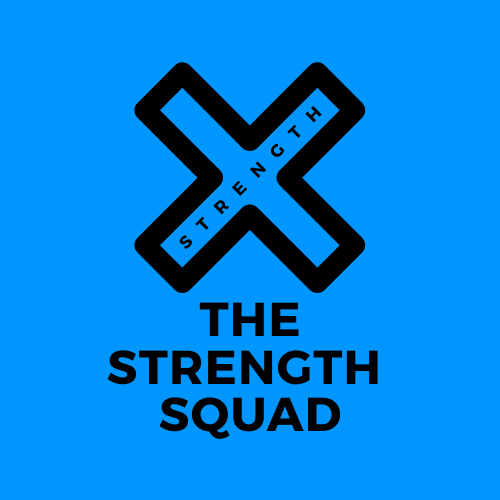Exercise & Cancer Care
The benefits of exercise on physical and mental wellbeing are well documented and if incorporated during cancer treatment, patients are better able to navigate treatment’s many challenges.
Exercise creates an inhospitable local environment that makes it difficult for tumours to grow, optimises the delivery of chemotherapy agents to the tumour site, reduces the risk of sarcopenia (muscle wastage) and improves energy levels and mood.
Research has also shown that regular exercise can lower hospitalisation rates and positively influence thrombocytopenia, a common blood disorder in cancer patients.
Start date for the next intake of the program is:
Mid-November 2025
Program Overview
-
Any young onset colorectal cancer patient undergoing treatment can Register and apply for the program. An oncologist or cancer nurse can submit a referral, or if Registering as a self-referral, you will need to provide details of your treating specialist during the Registration process.
-
Once a referral or sign-up registration is received, the patient is contacted for a brief phone screening.
-
Upon qualifying, patients attend the EP Group clinic for a one-on-one consultation, which includes an assessment and exercise counselling. The consultation comes at no cost to the patient.
-
Upon enrolment, the patient participates in a 12-week program, gaining access to two group sessions per week. Each group is limited to a maximum of eight participants, ensuring personalised attention.
The Strength Squad is a 12-week exercise program for colorectal cancer patients.
To alleviate the cost to the patient, the program is fully subsidised by The Thompson Family Endowment fund.
Exercise in Cancer Care: The New Standard We Can No Longer Ignore
What if a low-cost, side-effect-free intervention could improve survival, reduce recurrence, and help patients feel stronger and more in control after cancer treatment?
A groundbreaking study published in the New England Journal of Medicine (2025) just gave us the answer: exercise.
The Breakthrough: CHALLENGE Trial Results
The CHALLENGE trial, a phase 3 randomised controlled trial—followed over 450 people who had completed chemotherapy for early-stage colon cancer. Participants were randomised to receive either structured exercise support or standard follow-up.
The results were striking:
28% lower risk of cancer coming back or dying in the exercise group
7% higher overall survival at 8 years
Better strength, stamina, and quality of life
This is a level of benefit comparable to some of our best chemotherapy regimens. But unlike chemo, exercise comes with positive side effects such as improved wellbeing, reduced fatigue, and a renewed sense of agency.
“This benefit rivals or exceeds what we expect from many approved cancer drugs.”
- Editorial, New England Journal of Medicine, 2025
Exercise - A Full-Circle Intervention: Before, During, and After Treatment
Although this trial looked at exercise after treatment, the benefits of physical activity are far more expansive:
During chemo, exercise improves tolerance and reduces side effects, especially neuropathy from oxaliplatin and hand-foot syndrome from capecitabine.
Before surgery, exercise (“prehab”) improves recovery, strength, and resilience.
After treatment, as this trial shows, exercise improves survival and quality of life.
It’s time we stop seeing exercise as an optional extra, and start prescribing it like we would any other treatment with survival benefit.
Dr. Prasad Cooray, Medical Oncologist, GI Specialist
MBBS(Hons.) BMedSci(Hons.) FRACP
“We’ve seen it first-hand. Patients who stay active during and after treatment cope better, recover faster, and in many cases, do better.”
The Opportunity Ahead
We have reached a tipping point. The evidence is now too strong to ignore. Just as the addition of oxaliplatin changed the way we treated colon cancer 20 years ago, the CHALLENGE study should now change how we think about exercise.
Call to Action
We can embed exercise into standard care pathways. We can refer early to oncology-trained exercise physiologists. We can empower patients to move - safely and consistently.
Register yourself or easily refer a patient/client here.




